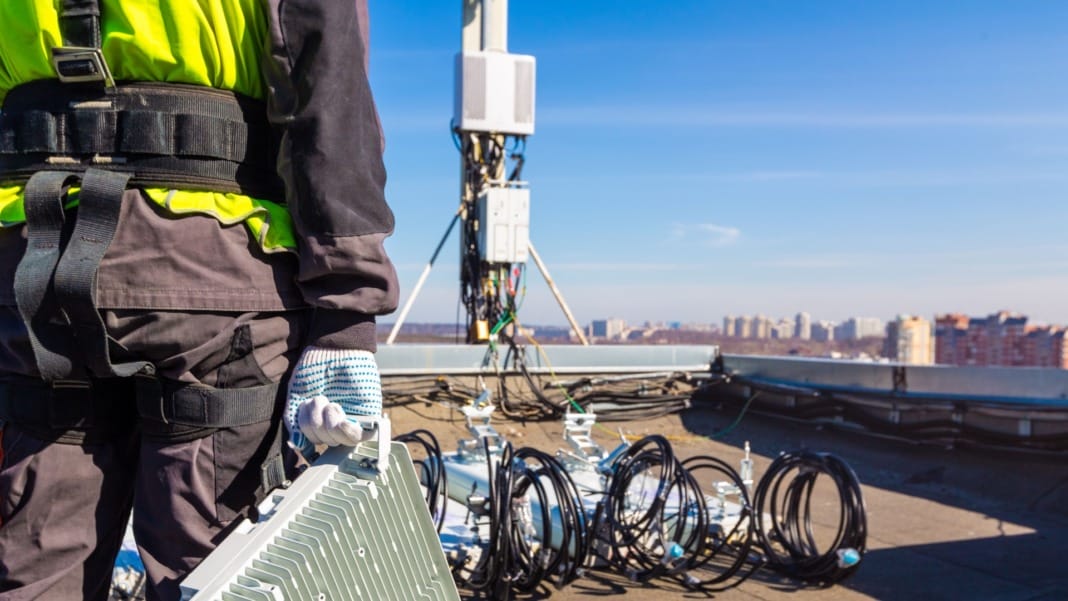The Federal Communications Commission (FCC) has requested additional funds from Congress to aid internet service providers in replacing network equipment from Huawei and ZTE, which have been designated as national security risks. FCC Chair Jessica Rosenworcel highlighted the financial shortfall in a letter to Congress, stating that the allocated US$1.9 billion is significantly less than the estimated US$4.98 billion needed.
In 2020, the Trump administration labelled Huawei and ZTE as national security threats, leading to legislation that mandates telecom providers to eliminate these companies’ equipment from their networks. Despite its urgency, the programme has faced significant financial limitations. As of January, only five participants had completed the required removal, replacement, and disposal of the equipment.
Rosenworcel’s letter warns that nearly 40% of the providers involved in the programme could face operational shutdowns without additional financial support, which would not only affect service availability but also elevate national security risks. The presence of this equipment, if not removed, could leave vulnerabilities in critical telecom infrastructure.
The FCC prioritises funding for providers serving fewer than 2 million customers but can currently cover only 39.5% of the associated costs due to the existing funding gap. This limitation poses a significant challenge for smaller providers, who are less able to absorb the financial burden of equipment replacement.
Providers who have begun to receive funding are under strict deadlines to complete their equipment upgrades, with final dates set between May 29, 2024, and February 4, 2025. These deadlines emphasise the urgent need for additional funding to ensure all scheduled replacements are completed on time, safeguarding the integrity of the nation’s telecommunications infrastructure.





